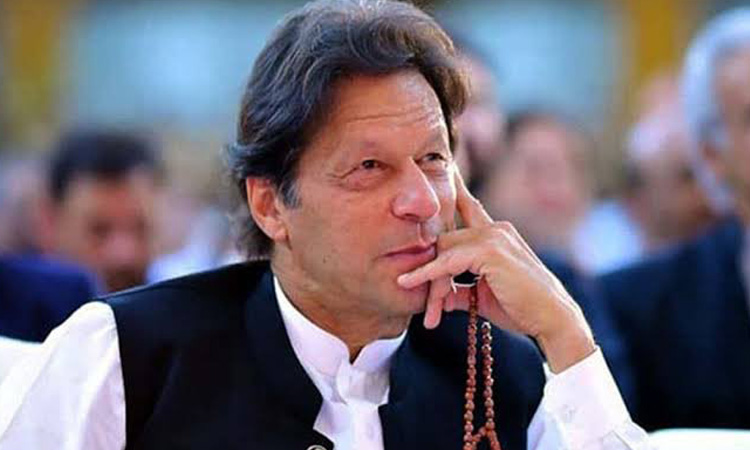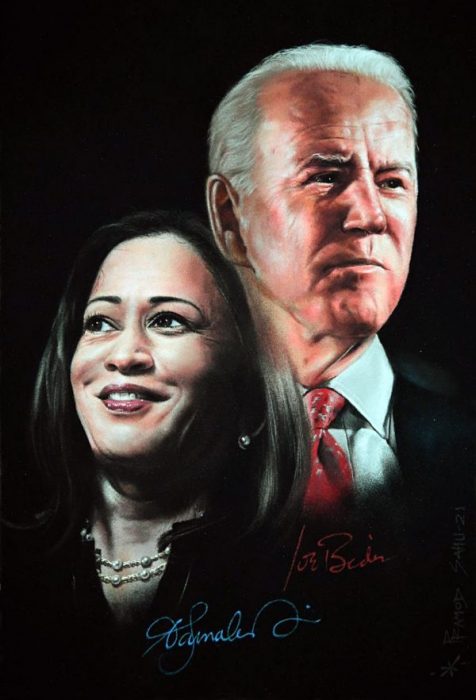Tibet is China’s core issue, along with Taiwan, the South China Sea, and the East China Sea. China is upgrading its infrastructure in Tibet, especially its Aerial radar system, and expanding its high-altitude capabilities
Dr. Teshu Singh
With the re-election of Donald Trump, the US-China relations are set to become more complicated with Tibet emerging as a growing point of contention.
The US-China trade rivalry is at the core of the wider spectrum of US-China relations. Issues of trade, semiconductors, the South China Sea, Taiwan, and Tibet are vital components of the contestation. The US-China contestation started under Donald Trump, and his re-election has again highlighted the debate around the expected sharpening of the rivalry.
During the 2024 election campaign and speeches, Trump did not explicitly address the Tibet issue, but the problem continues to be of key importance. The paper aims to assess the Tibet factor in the growing US-China contestation and how it will likely evolve under the next US administration.
Tibet is China’s core issue, along with Taiwan, the South China Sea, and the East China Sea. China is upgrading its infrastructure in Tibet, especially its Aerial radar system, and expanding its high-altitude capabilities.

This year, Nancy Pelosi’s visit and the New Bill passed by the US on Tibet have further strained US-China relations. On 19 June 2024, Nancy Pelosi led a congressional delegation to meet the Dalai Lama in India. It was her third trip leading the delegation; the previous trips were in 2008 and 2017. She met the Dalai Lama, the Tibetan government in exile, and addressed the Tibetan community.
In her address, she said that the legacy of the Dalai Lama “will live forever”. She added, “But you, the President of China, you’ll be gone and nobody will give you credit for anything”.
China was very critical of the visit. The Chinese Foreign Ministry spokesperson, Lin Jian, in his press conference on 18 June said, “It’s known by all that the 14th Dalai Lama is not a pure religious figure, but a political exile engaged in anti-China separatist activities under the cloak of religion. We are gravely concerned over the relevant reports and urge the US side to fully recognize the anti-China separatist nature of the Dalai group, honor the commitments the US has made to China on issues related to Xizang, have no contact with the Dalai group in any form, and stop sending the wrong signal to the world”.
Further, on 12 July 2024, US President Joe Biden signed the ‘‘Promoting a Resolution to the Tibet-China Dispute Act’’ to enhance US support for Tibet. It is also known as the Resolve Tibet Act. The act reinforces the US Tibet policy and adds to the Tibetan Policy Act 2002. It seeks to facilitate substantive dialogue without any preconditions between China and the Dalai Lama, his representatives or democratically elected leaders of the Tibetan community.
It also endeavors to collaborate with other nations to achieve a negotiated settlement concerning Tibet. The bill was introduced by Senator Oregon Democrat Jeff Merkley. It further aims to allocate funds to counter the “disinformation” coming from China about Tibetan history, people and institutions.

On 25 November 2024, the US government, in partnership with the Tibet Fund and the Central Tibetan Administration (CTA), announced a new program to support Tibetan communities in India and Nepal. It is led by the US Agency for International Development (USAID).
Donald Trump and Tibet
Soon after the US election results were announced, the Dalai Lama delivered a congratulatory message to Donald Trump and stated, “The world places great hope in the democratic vision and leadership of the US” and added, “The Tibetan people and I have been honored to have received the support of respective US Presidents and the American people, in our endeavor to protect and preserve our ancient Buddhist culture-a culture of peace, non-violence and compassion that has the potential to benefit humanity as a whole”.
The legacy of Joe Biden on Tibet will likely be carried further by Donald Trump. It may be recalled that during Donald Trump’s first administration, he signed the Reciprocal Access to Tibet Act (RATA) and the Tibetan Policy Support Act (TPSA). The RATA was passed on 19 December 2018. It denies Chinese government officials access to the US if they are responsible for creating or implementing restrictions on the US government officials, journalists, independent observers, and tourists seeking access to Tibet.
The TPSA was passed on 28 January 2020. This bill modifies and reauthorizes various programmes and provisions related to Tibet and China. According to the bill, the President shall provide funds to non-governmental organizations for projects supporting Tibetan communities in Tibet in areas such as sustainable economic development, cultural preservation, and education. It also states the clause for opening a consulate in Tibet and mentions, “The Department of State may not authorize any new Chinese consulates in the United States until a US consulate has been established in Lhasa, Tibet”. It also lays the clause for the appointment of the next Dalai Lama and promotes the human rights of the Tibetan people, including the right to select and worship their religious leaders. The bill further strengthens the US policy on Tibet and reaffirms US support of the Dalai Lama. With the passing of each act, the US is facilitating its unswerving support to Tibet.
In addition to the previous support for Tibet, Donald Trump has chosen cabinet secretaries and a national security adviser who stress the need to confront China across the entire security and economic spectrum: military posture, trade, technology, espionage, human rights, and Taiwan. Donald Trump is considering Marco Rubio for Secretary of State, Michael Waltz as National Security Adviser, Pete Hegseth as US Secretary of Defense, and Howard Lutnick as Commerce Secretary as his prospective members of the cabinet. It can be inferred that Trump will carry forward the support for Tibet.
Conclusion
There is bipartisan support on the issue of Tibet in the US. The US policy towards Tibet has been consistent. In all possibilities, Donald Trump will continue the previous policy of the US government on Tibet. Though, the intensity may vary. In his second term, Donald Trump will be more aggressive towards China. The US-China relations are set to become more complicated with Tibet emerging as a growing point of contention.
Dr. Teshu Singh is a Research Fellow at the Indian Council of World Affairs, New Delhi. Views expressed are personal
This article first appeared in the Viewpoint section of the website (www.icwa.in) of Indian Council of World Affairs, New Delhi, on December 5, 2024


























